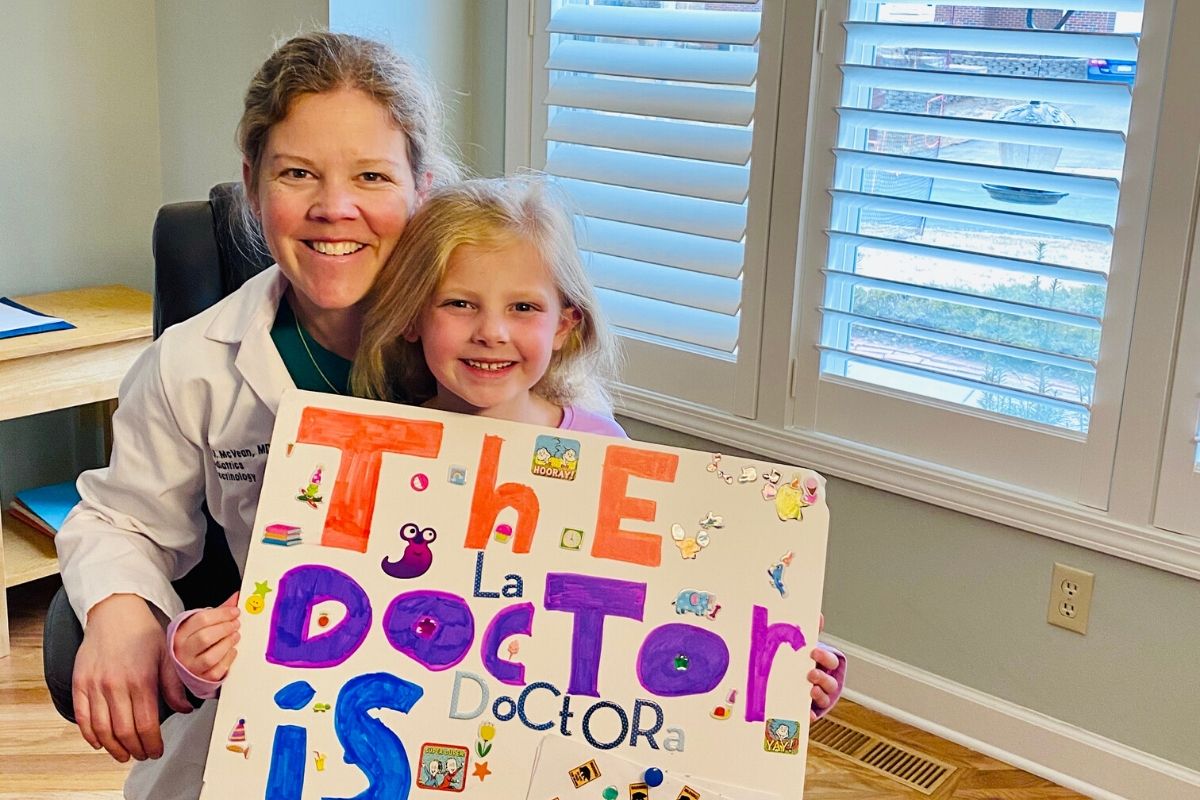
Quite quickly, the coronavirus pandemic has disrupted daily life, jolted perspectives and could very well change how we work and interact with each other for a long time to come.
But what has the impact been inside research labs, where Breakthrough T1D-funded scientists have been driving hard and fast to deliver cures for type 1 diabetes (T1D) and improve lives?
The fact that COVID-19 is here doesn’t change anything about the need to continue the momentum for T1D.
In short: research continues, as does the fight to cure T1D.
“The fact that COVID-19 is here doesn’t change anything about the need to continue the momentum for T1D,” said Mark Poznansky, M.D., Ph.D., Director of the Vaccine and Immunotherapy Center at Massachusetts General Hospital. He also is a researcher and attending physician for general and transplant infectious diseases.
“Nothing has changed from that point of view,” he said. “We must continue to think about and work where possible on a cure for T1D.” Around the world, researchers echo Dr. Poznansky’s commitment.
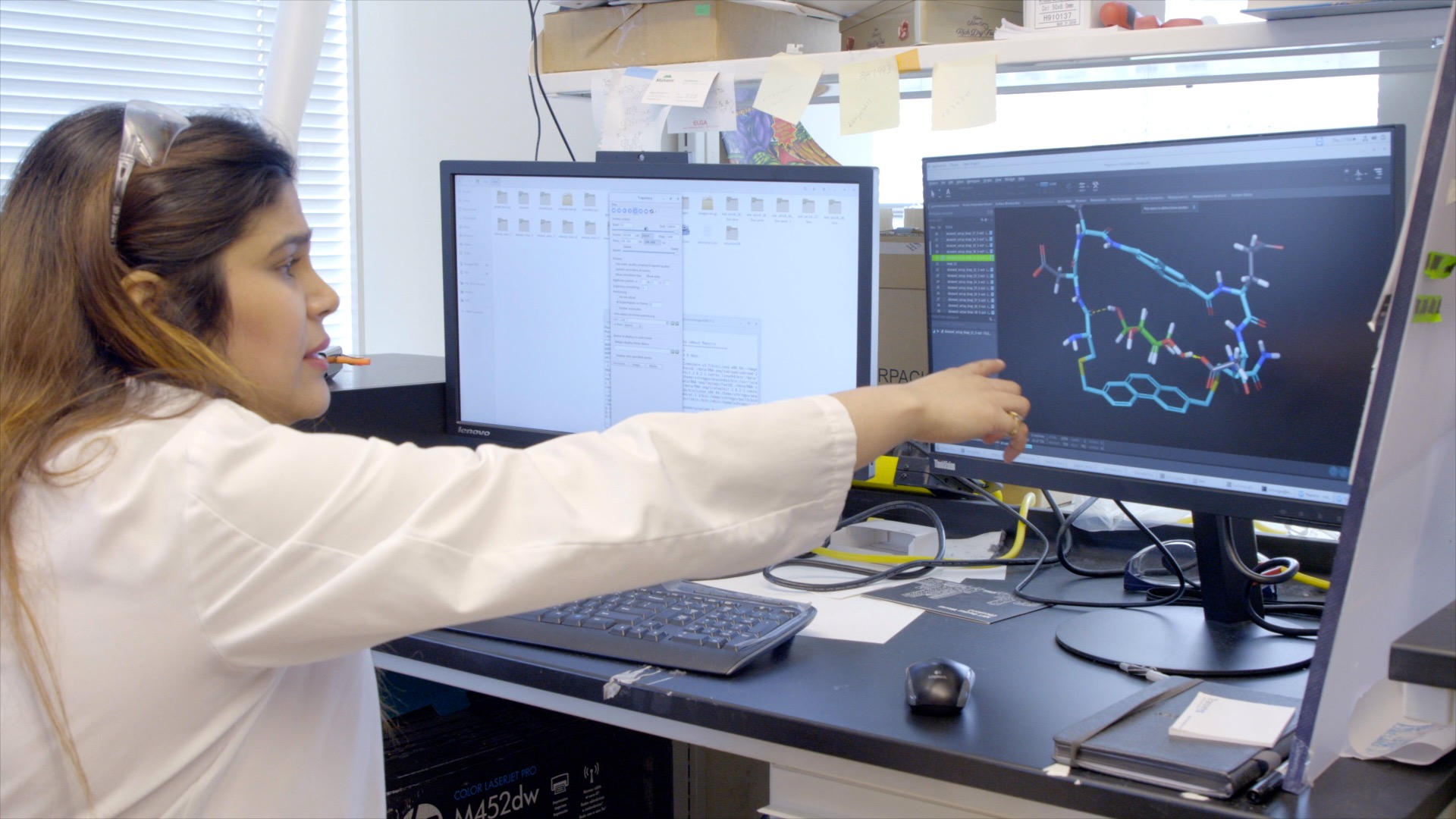
Work processes are changed and some slowed, but research continues.
At Massachusetts Institute of Technology, teams have shifted their focus to critical projects that can be done remotely. “We have currently prioritized our work on designing computational modeling experiments, literature research and learning new techniques online,” said Chandrabali Bhattacharya, Ph.D., an MIT postdoctoral fellow. “We are also working on manuscripts.”
Other researchers are focusing on analyzing data sets, writing up methods and re-ranking their upcoming experiments in order of relative importance. “This period of reflection and study is really important. I view it as a great opportunity to develop new ideas and refine existing ones,” said Bridget Wagner, Ph.D., scientist at the Broad Institute in Boston.
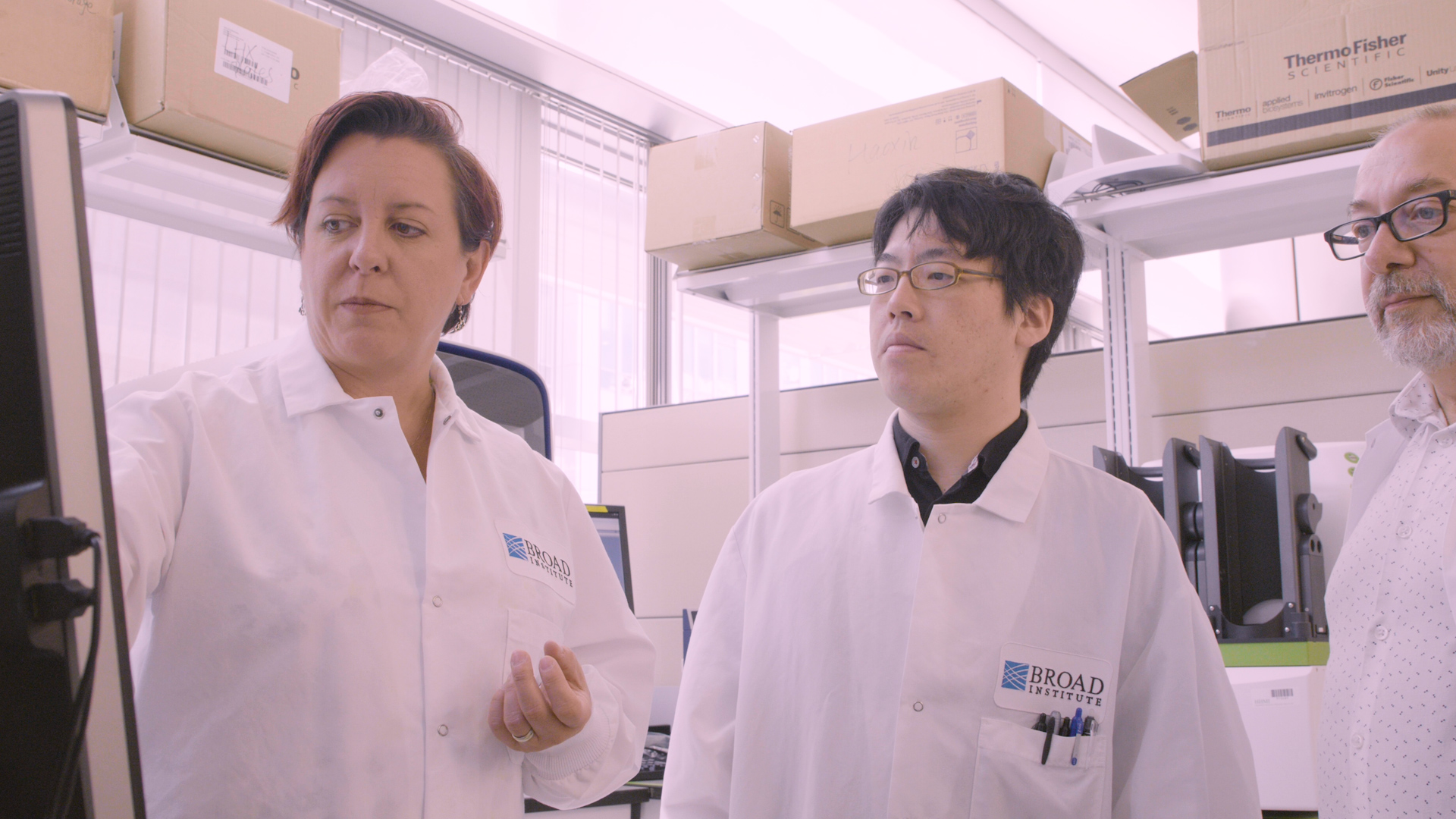
Josephine Forbes, Ph.D., honorary professor at Mater Research in Australia, says most researchers are part of larger global teams, and this is a good time for those teams to coordinate by evaluating projects and their associated findings. She also notes the number of other tasks that researchers can focus on. “In research there is ALWAYS reams of paperwork, data analyses, training updates and reading of others work, which usually get squeezed into the wee hours of the morning. Time to get that all done!”
Bastiaan de Galan, M.D., Ph.D., assistant professor at the Radboud University Medical Center in the Netherlands, is busy reorganizing his work so that when he can return to the lab, he can hit the ground running. “Diabetes research is facing delays, but we will pick it up once the pandemic is under control and double the pace to catch up.”
A few labs remain open for T1D-related work.
Dr. Poznansky said emergency exemptions are keeping some labs open, including those that work with animals and insulin-producing cells. The welfare and potential loss of experimental animals made the research too critical to halt. “We were allowed to continue several animal experiments with extended time points. It was important not to lose that long-term data.”
Kathrin Maedler, Ph.D., of the University of Bremen in Germany, said she is able to access labs for the same reason. “[They] understood that animal experiments cannot just close down, and therefore my team is allowed with a special permission to enter the building and continue animal care and research. Thus, luckily, our research is not so much affected by the lockdown.”
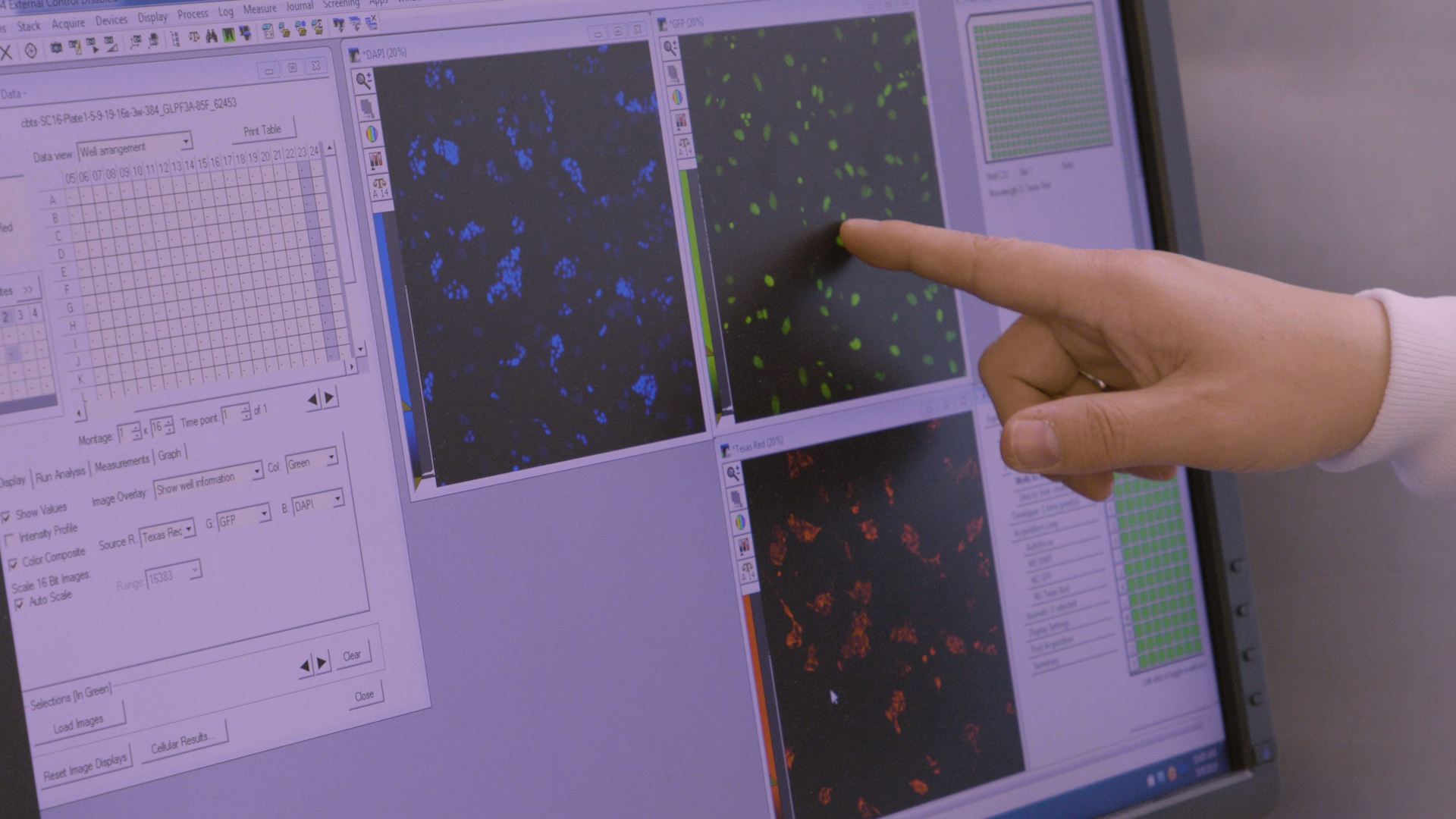
Some Breakthrough T1D-funded researchers have joined the fight against COVID-19.
Dr. Wagner said the Broad Institute was recently named a Massachusetts state reference lab for COVID-19 testing. Teams there are performing thousands of tests a day, so activity at the processing lab is extremely robust.
Breakthrough T1D-funded researcher Robert Langer, Sc.D said a company he co-founded, called Moderna, had been working on general coronavirus vaccines for some time. At the outset of this outbreak, the Moderna team quickly pivoted to include work on COVID-19. “We are working on stopping COVID-19 by various means. Moderna already has a vaccine in clinical trials,” said Langer, who also is a professor at the David H. Koch Institute at MIT.
Technology is helping everyone adapt and ensure work continues.
“MIT was very quick to respond and take measures implementing social distancing and later on shutting down to keep every one of us safe,” says Bhattacharya. “We are all adapting to the idea of working remotely.”
Riitta Lahesmaa, Ph.D., of the University of Turku in Finland says she meets with her team members more frequently to ensure that work continues to move forward as quickly as possible. “Meetings are frequent and arranged via videoconferences,” she said.
Technology has also enabled patient appointments to continue uninterrupted. Jennifer McVean, M.D., assistant professor at the University of Minnesota, says all of her recent patient appointments have been converted to virtual visits. “I am so thankful for diabetes technology, as patients can upload their devices at home and I can access their data remotely….Over 80% of outpatient clinical care has been shifted to telemedicine.”
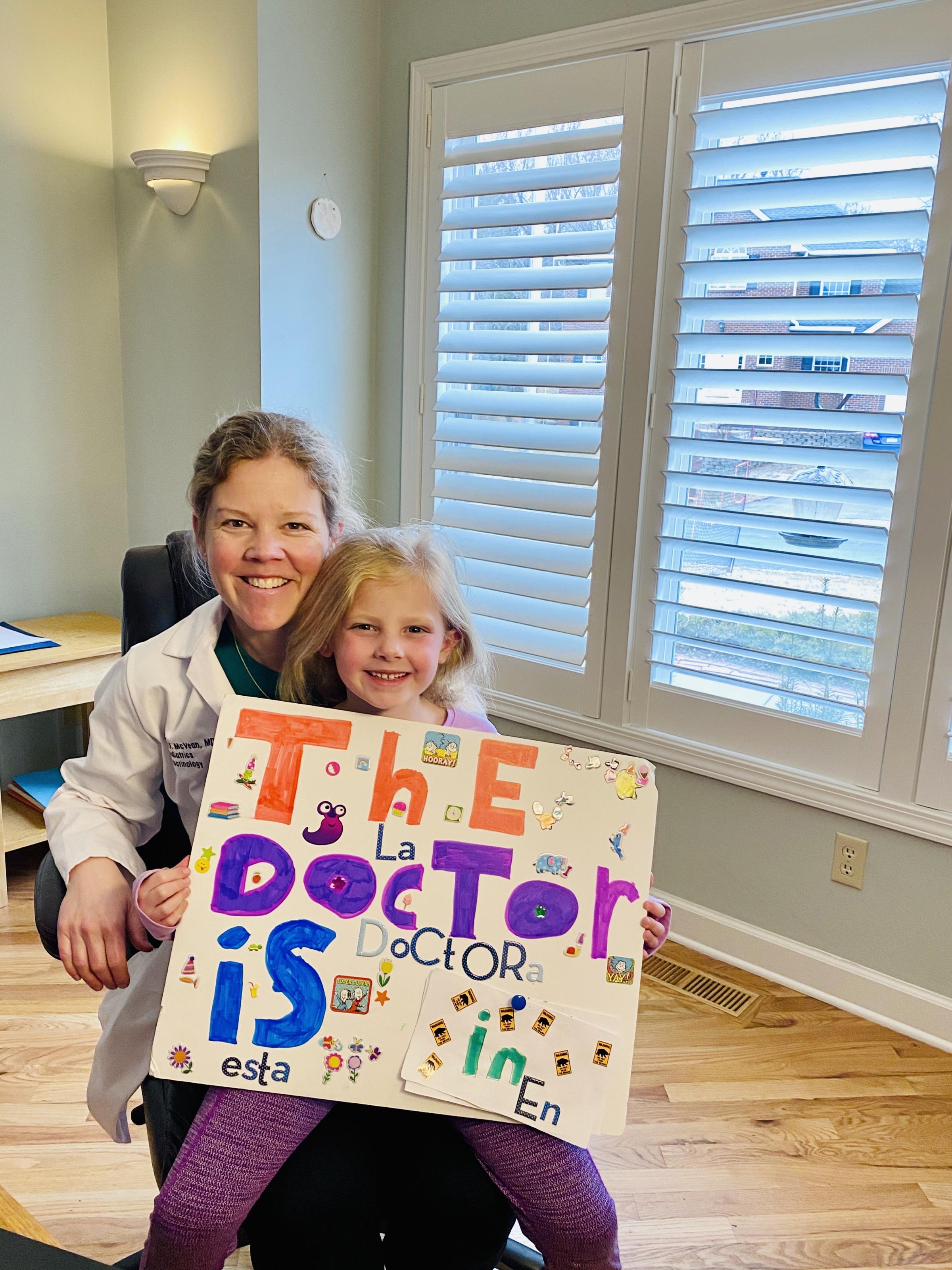
Jennifer McVean, M.D., who has lived with type 1 diabetes for 32 years, and her daughter, Elizabeth, in their “new” office.
A resilient spirit is indispensable right now.
Elad Sintov, Ph.D., a postdoctoral fellow at Harvard University, said he feels disarmed from his tools because he cannot access lab equipment. “As a person that had a mission, it’s easy to fall into frustration in these times, but when you have a goal and purpose—curing T1D—you can’t give up.”
“Research is important. We have a destiny; to find a cure for T1D,” says Dr. Maedler. “We have so many experiments running, and thanks to special permits the corona cannot stop us to do our research. It’s difficult, but we can do it.”
Perhaps Dr. McVean sums it up best: “T1D research is a marathon, not a sprint. Right now, we need to pause, stay at home, and stay safe and healthy. When we emerge on the other side of COVID-19, we will pick up the race to cure T1D with renewed energy and passion.”